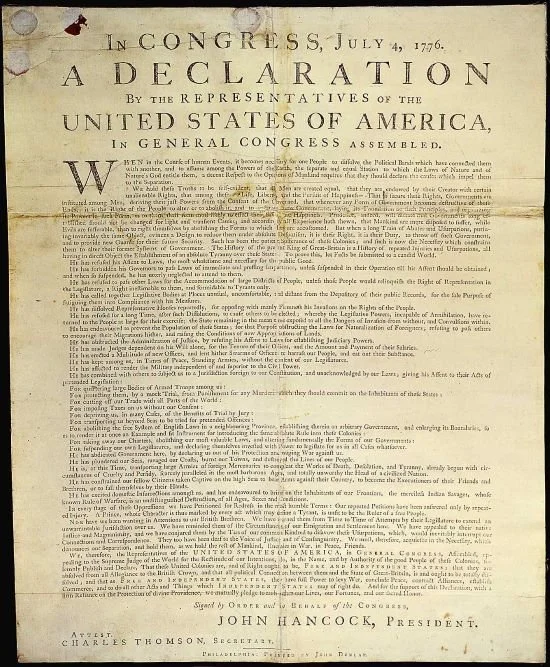Episode Synopsis:
Paul’s Gentile mission was a huge success. A number of new churches were established throughout the eastern Mediterranean world–including fast growing churches in important cities such as Corinth, Thessalonica, and Ephesus. But with the spread of the gospel into a previously unevangelized world dominated by Greco-Roman culture and religion, came a whole set of pastoral problems–problems which were not specifically addressed in the Old Testament or in the teaching of Jesus.
A number of such questions surface in Corinth–as we have seen. But one pressing matter facing the Corinthians is what should happen when one party to a marriage comes to faith in Jesus Christ, while the other spouse does not, creating a so-called “mixed-marriage.” Should the believer leave or divorce the unbeliever if they refuse to convert to Christianity? And what, exactly, is a Christian spouse’s status if their unbelieving spouse divorces them because of their new-found faith in Jesus Christ? Must they remain single and celibate until the deserting spouse dies?
And an even bigger question arises. What about the children of mixed marriages? What is their standing in the church and what is their status before God? Are they members of the covenant of grace, and therefore eligible for all of the benefits thereof, while assuming all the responsibilities of covenant membership? Are they eligible to receive the sign and seal of that gracious covenant, which is baptism?
Paul answers these questions by appealing to the “holy” status of a partner to a mixed marriage and applying that same status to the children of such a union. How can an unbeliever be said to be “holy.” How can Paul affirm that of children who are born in original sin? To make his case, Paul grounds this “holiness” in the Old Testament’s principle of covenant authority–the believing parent’s authority over those in the household and as seen in the five household baptisms found in the New Testament.
To see the show notes and listen to the episode, follow the link below
Read More













